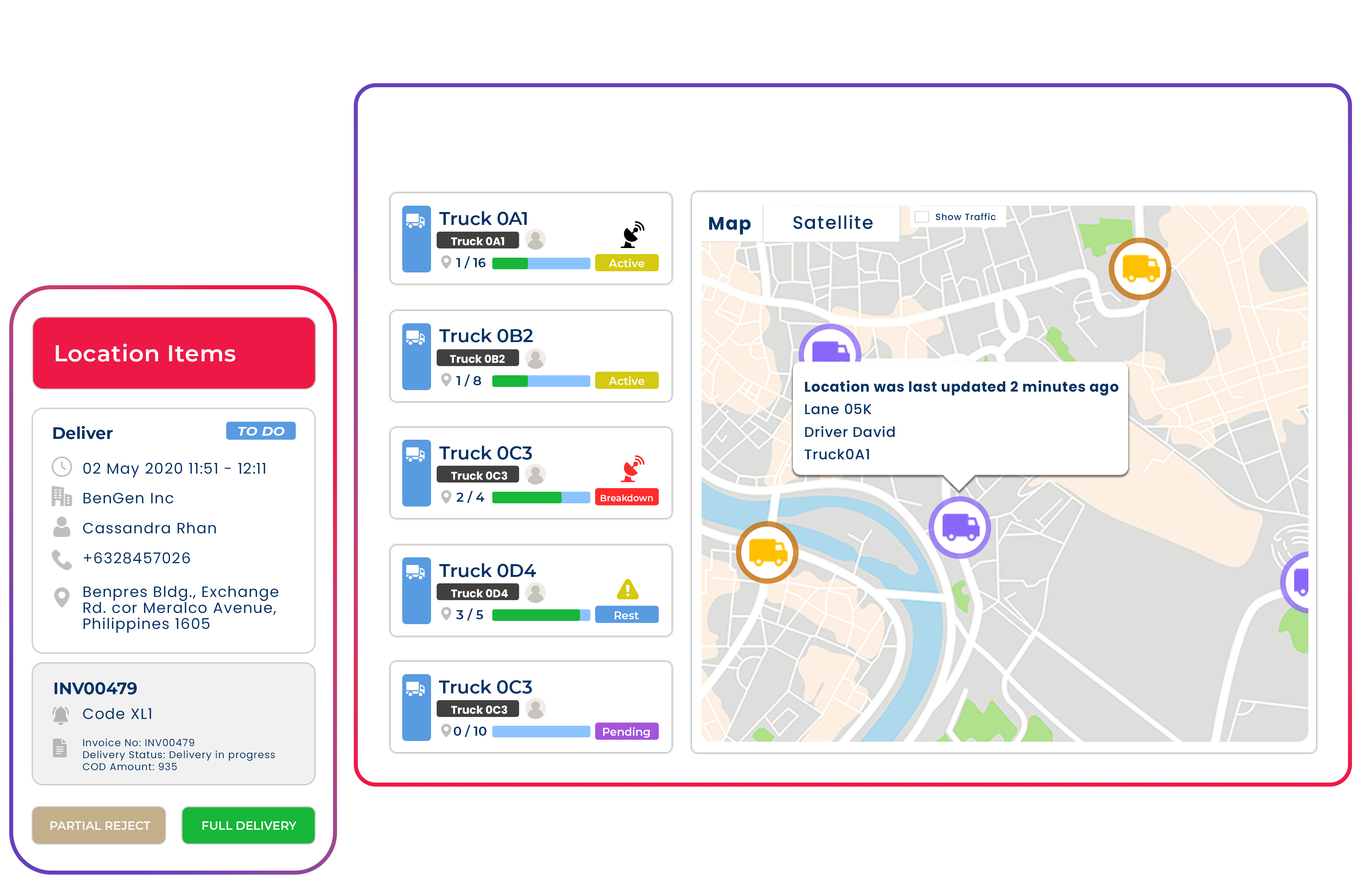The Book Publishing and Distribution Industry
The book publishing and distribution industry plays a crucial role in disseminating knowledge, education, and entertainment worldwide. From academic textbooks and novels to specialized industry publications, books are central to the cultural and intellectual fabric of society. The rise of digital platforms and e-commerce has added new layers of complexity to the industry, particularly in how books are distributed and delivered to consumers. Publishers and distributors must now adapt to the evolving demands of a fast-paced, globalized market where timely deliveries and logistical efficiency are key.
In this industry, maintaining competitive advantages through efficient logistics and distribution systems is vital. From small independent publishers to large multinational companies, the ability to manage inventory, track shipments, and meet customer expectations in a timely and professional manner has become increasingly critical.

The Logistics
Logistics is essential for the book publishing and distribution industry as it ensures that books and educational materials are delivered on time and in pristine condition. Managing the logistics of book distribution comes with its own set of challenges, including handling large volumes of shipments, tracking real-time status, managing paper-based records, and preventing damage to delicate printed goods.
Books and educational materials often have fixed release schedules, which makes timely delivery critical. Any delay can disrupt the supply chain, affecting schools, bookstores, and end customers. Additionally, proper handling is important to ensure that printed materials are not damaged during transport. The complexity is further magnified when dealing with paper-based processes, which increase the risk of lost or misplaced documents.

Transport Management System (TMS)
A Transport Management System (TMS) offers a comprehensive solution to the logistical challenges faced by book publishers and distributors. TMS software simplifies logistics management by automating processes, improving visibility, and providing real-time updates. In the publishing industry, a TMS can streamline the distribution of books, ensuring that shipments are delivered on time, while also managing the delicate nature of printed materials.
For book publishers, a TMS allows for efficient route planning and fleet management, minimizing delays and reducing the risk of damage to goods. Additionally, it improves operational efficiency by automating documentation, eliminating the risks associated with paper-based records. Real-time tracking helps publishers maintain visibility of their shipments, ensuring that books reach their destination without any unnecessary delays or damage.
Meeting Tight Delivery Schedules in the Face of High Demand: Book publishers often face tight deadlines, particularly for academic or seasonal releases, which must be delivered on time to meet market demand. Delays can disrupt supply chains, leading to missed sales opportunities and customer dissatisfaction. Zyllem’s dynamic route planning and automated scheduling capabilities help publishers optimize their delivery schedules, taking into account real-time traffic and road conditions to ensure that goods are delivered on time, even under tight deadlines.
Risk of Damaged Goods During Transit: Books, especially fragile or high-quality printed materials, are vulnerable to damage during transportation if not properly handled. Poor handling or lack of monitoring can lead to damaged goods, resulting in customer dissatisfaction, lost revenue, and increased costs due to replacements. Zyllem’s platform offers real-time status updates and automated monitoring to provide full visibility into the condition of goods during transit. This ensures that publishers can take swift action if an issue arises, minimizing the risk of damage and ensuring that shipments arrive in perfect condition.
Dependence on Paper-Based Documentation, Leading to Lost or Misplaced Record: The traditional use of paper-based records in logistics management is prone to numerous risks. Documents can be easily misplaced, lost, or damaged, leading to errors in shipment handling and delays in processing. Additionally, manual processes make it challenging to maintain accurate records for compliance and auditing. Zyllem addresses this issue with its ePOD or Electronic Proof of Delivery, which automates documentation processes and provides a centralized system for all records. This streamlined documentation minimizes the risk of human error, ensures data accuracy, and improves the ease of record retrieval, resulting in more efficient operations.
Common Challenges vs. ZYLLEM

Case Study
Zyllem powers the Philippines’ largest publisher of books and educational materials. This leading publisher sought a solution to enhance their logistics, improve documentation, and ensure timely deliveries across the country. Leveraging Zyllem’s advanced platform, the company achieved real-time visibility of their fleet, which allowed them to monitor shipments and improve driver compliance.
The publisher also benefitted from Zyllem’s streamlined documentation system, which eliminated the risks associated with paper-based records, reducing lost paperwork and enhancing operational efficiency. Additionally, Zyllem’s automated real-time status updates provided better visibility into shipment conditions, improving customer experience by ensuring that books were delivered safely and on time.
With Zyllem’s solutions in place, the publisher was able to increase operational efficiency, reduce logistics costs, and further solidify their competitive edge in the publishing industry.








